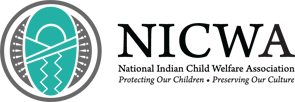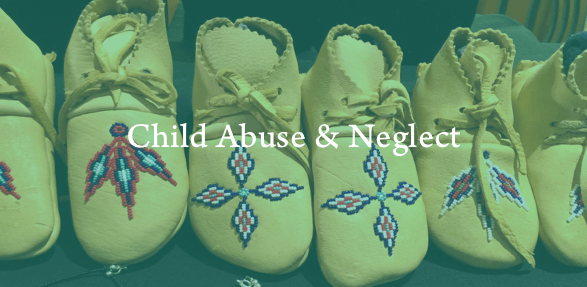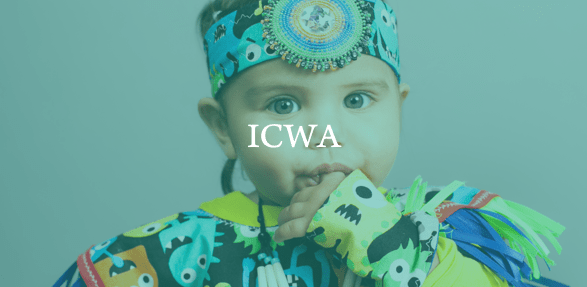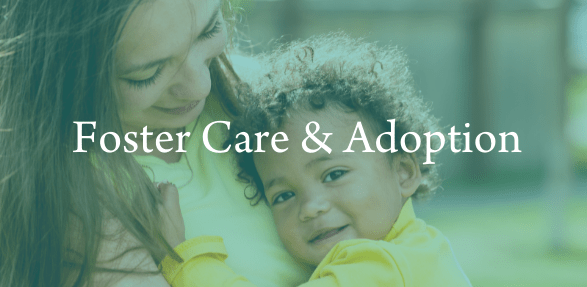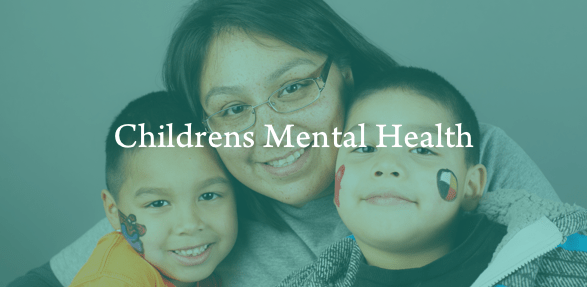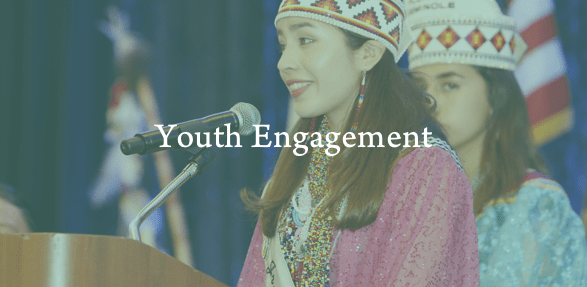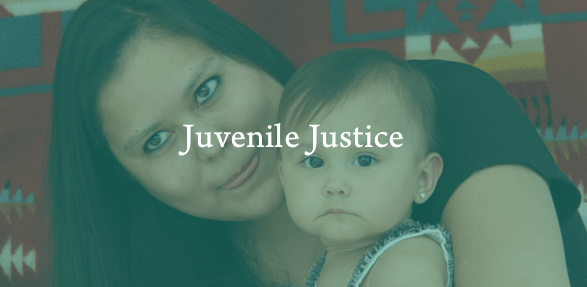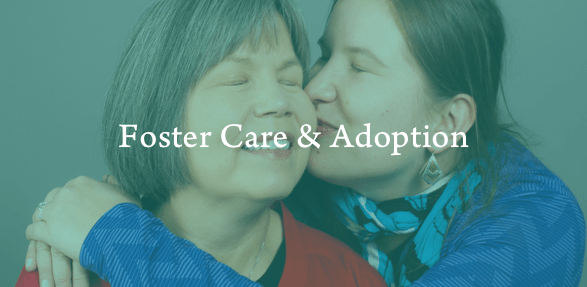
Our Work
NICWA works to support the safety, health, well-being, and spiritual strength of American Indian/Alaska Native children along the broad continuum of their lives. Our programming is centered on how to address structural risk—the conditions, like poverty and untreated parental mental health issues, that put families at risk for child abuse and neglect. In addition to prevention, we influence and inform the policy and practices of the tribal and state systems that respond to child abuse and neglect: child welfare, law enforcement, family support, and physical and behavioral health. Finally, as well-intentioned as systems’ interventions are, there are real consequences for children and families to the way that systems respond to child abuse and neglect. Our work includes addressing potential outcomes of system intervention through providing support and technical assistance in children’s mental health and juvenile justice programs and systems. Our programmatic work addresses:
The precursors of child abuse and neglect
Examples of NICWA’s work:
- Positive Indian Parenting trainings
- Community-based training for in-home family preservation services
- Advocacy for pro-Native family policies
Tribal and state systems’ responses to child abuse and neglect
Examples of NICWA’s work:
- Tribal child welfare worker training
- Understanding the Indian Child Welfare Act (ICWA) training institutes offered to state workers and legal professionals
- Advocacy and public education around securing adequate funding for effective child welfare programs and services
The consequences of these system responses
Examples of NICWA’s work:
- Technical assistance to tribal children’s mental health systems
- Research on juvenile justice
- Serving as a resource to individual families. While we do not provide direct legal advice or do direct case consultation, we refer nearly 1,000 families annually to information, resources, and programs that can assist them and provide compassionate social work support.
- Providing technical assistance and training across diverse areas, from understanding and implementing ICWA to individual consultation on strengthening tribal child welfare policies and procedures.
- Advocating on policy issues, such as tribal child welfare finance reform and ICWA compliance.
- Leading tribal child welfare research efforts on topics such as disproportionality and practice-based evidence.
- Empowering youth, especially those with lived experience in the child welfare and children’s mental health systems, to become advocates for the issues most important to them.
- Fostering relationships across Indian Country by hosting the nation’s largest gathering committed to tribal child welfare issues, our annual conference.
These are just a few examples of the programs and services we offer. NICWA strives to be responsive to the communities we serve, and our work in community evolves.
